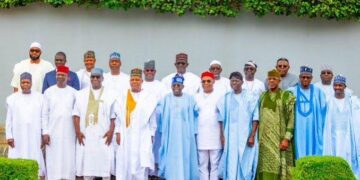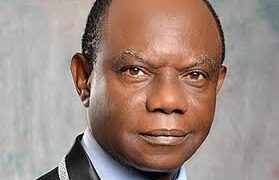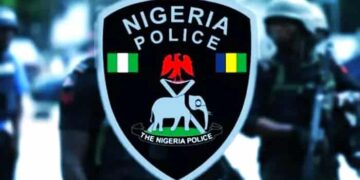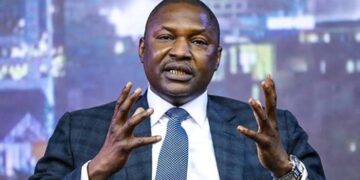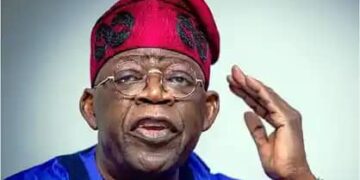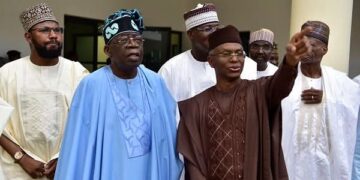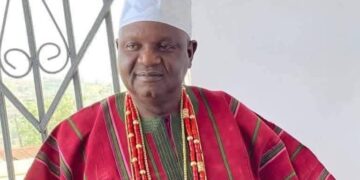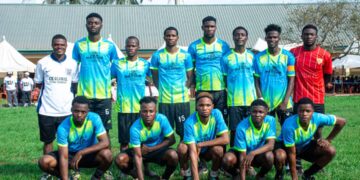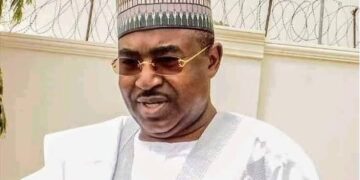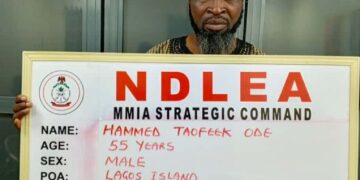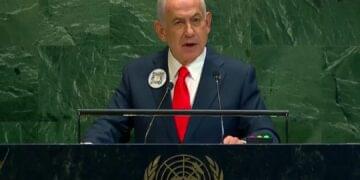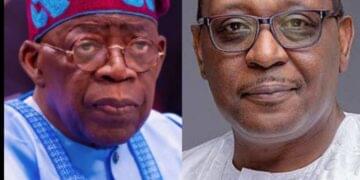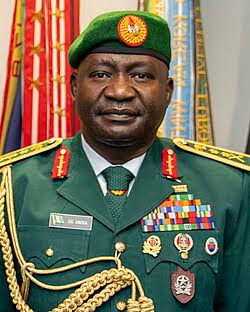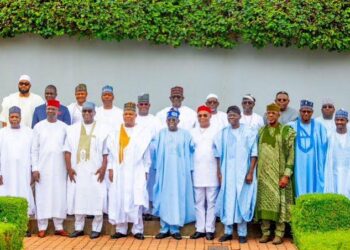10 Firms Begin Arms Production
Nigeria has taken a major step toward self-reliance in defence production, with the Federal Government announcing that 10 domestic factories have commenced manufacturing military hardware.
This move is part of a broader push to not only equip the nation’s armed forces but also position Nigeria as an emerging arms exporter on the continent.
The Minister of Defence, Mohammed Badaru Abubakar, revealed this development during the seventh edition of the 2025 ministerial press briefing series held in Abuja.
He stated that the factories, currently in various stages of capacity development, are already producing key military items including Mine-Resistant Ambush Protected Vehicles (MRAPs), Armoured Personnel Carriers (APCs), helmets, bulletproof vests, and light drones.
According to Badaru, the expansion of Nigeria’s defence manufacturing sector is anchored on the revitalization of the Defence Industries Corporation of Nigeria (DICON), as well as collaborative agreements with 53 private companies that have signed Memoranda of Understanding (MoUs) with the ministry.
“We target that by the end of this year, 20 of these companies will be fully operational, and by next year, God willing, Nigeria will begin exporting arms and defence equipment,” the minister said.
One key aspect of the initiative involves the partial resuscitation of the long-dormant Ajaokuta Steel Complex to support the production of heavy-duty materials for military use.
The government is leveraging Ajaokuta’s capacity to supply raw materials for the growing local arms sector, thus reinforcing its strategy of backward integration in defence industrialization.
While many of the newly operational factories are still scaling up, some have already started supplying the Nigerian Armed Forces.
Badaru noted that locally produced ammunition is now being rolled out from the DICON facility in Kaduna.
.“The ammunition factory is functioning, and we are producing a lot of arms for our internal use,” he confirmed.
He said the development is aligned with President Bola Tinubu’s policy of economic diversification through industrial development and national security enhancement.

